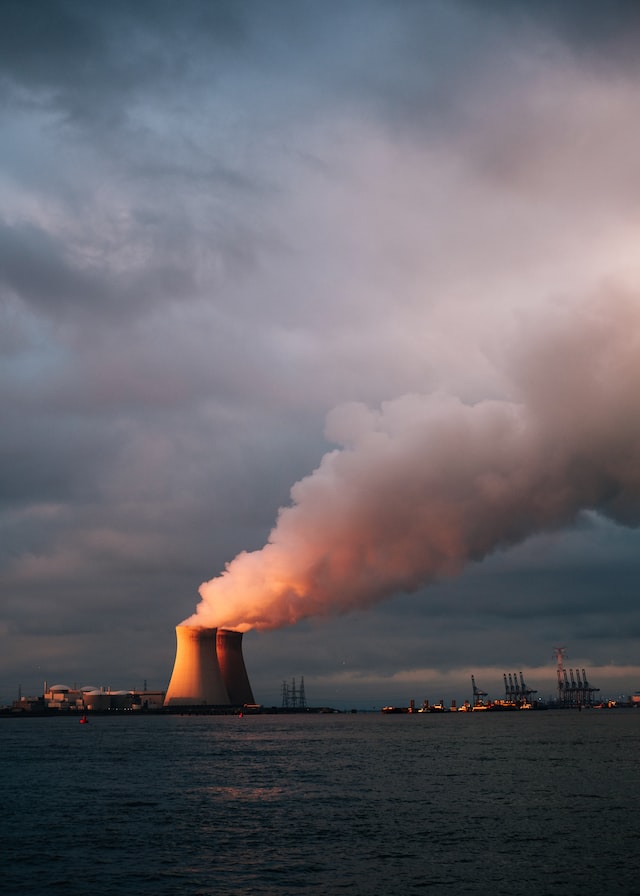
Sci&Tech Writer Jacob Dawson argues for nuclear power plants as a long term alternative for reducing carbon emissions
With the recent approval of plans for a new nuclear power plant Suffolk (Sizewell C) the debate around whether we should build more nuclear power has flared up once again. Those in both government and industry present the argument that nuclear power is a suitable and long-term alternative to natural gas which can help secure our energy independence. With the war in Ukraine raging and gas prices remaining unaffordable, nuclear power looks more promising as a low-cost and low-carbon alternative.
To start, nuclear power is cheap past the point of initial investment, both the cost of fuel and operation are lower than other forms of energy. This is largely due to the energy-dense nature of uranium; 10 grams of uranium releases the same amount of energy as burning one ton of coal or 149 gallons of oil. Nuclear power looks promising as a low-cost and low-carbon alternative [to fossil fuels]
Operating costs are therefore lower over a significant period as less money is spent on fuel compared to a nuclear power plant. Furthermore, nuclear power plants undergo maintenance less frequently due to stringent safety measures built into the reactor during construction which lowers cost. Arguably the most important point is that nuclear power is an essential contributor to net zero carbon emissions; the upcoming nuclear plant in Hinkley (Somerset) will only generate 5.5g of carbon per Mega Watt Hour of electricity which is significantly less than fossil fuels and solar power (48g of carbon per Mega Watt Hour).
This has cemented nuclear power as a key player in reducing energy emissions in many countries, from France to South Korea, as electricity from nuclear power plants is being used to slash emissions in public transport and pioneer developments in green hydrogen. Greenpeace claims that nuclear power generates “waste at every stage of production”
Despite these positives, nuclear power does suffer from certain issues. Due to the rigorous safety requirements and the sheer complexity of nuclear physics, constructing nuclear power takes a long time. The average time of construction in 2020 was 84 months (7 years), many environmentalists and economists point to this as a crucial issue. With climate change rapidly accelerating many may argue that we simply don’t have the time to waste when we have quicker and cheaper solar and wind power available to us. These sources are said to have lower rates of capital investment and quicker construction times which suits them better to quickly address the climate crisis.
On top of this, Greenpeace claims that nuclear power generates “waste at every stage of production” which will burden future generations to come. These arguments are currently being addressed throughout the nuclear industry, standardizing (making something the same way) has previously been used in France to achieve the construction of 56 nuclear reactors between 1972-1984. Long-term waste strategies are also being explored in Finland to reduce risk relating to nuclear waste. Therefore, I would argue we should be building more nuclear power because of its clear long-term benefits for our climate and energy independence goals.
Enjoyed This? Read more from our Climate Questions series here!
Climate Questions: Should we Mine the Deep Sea?
Comments